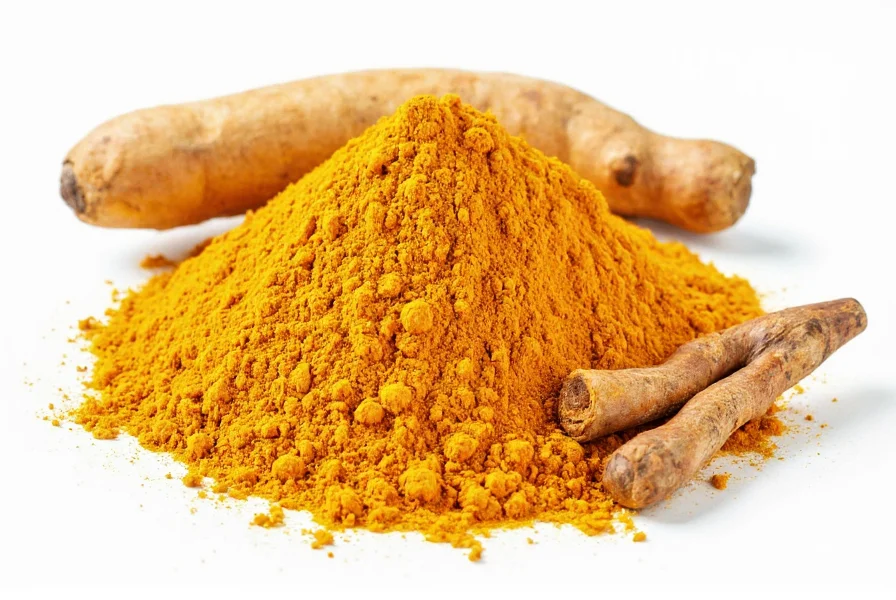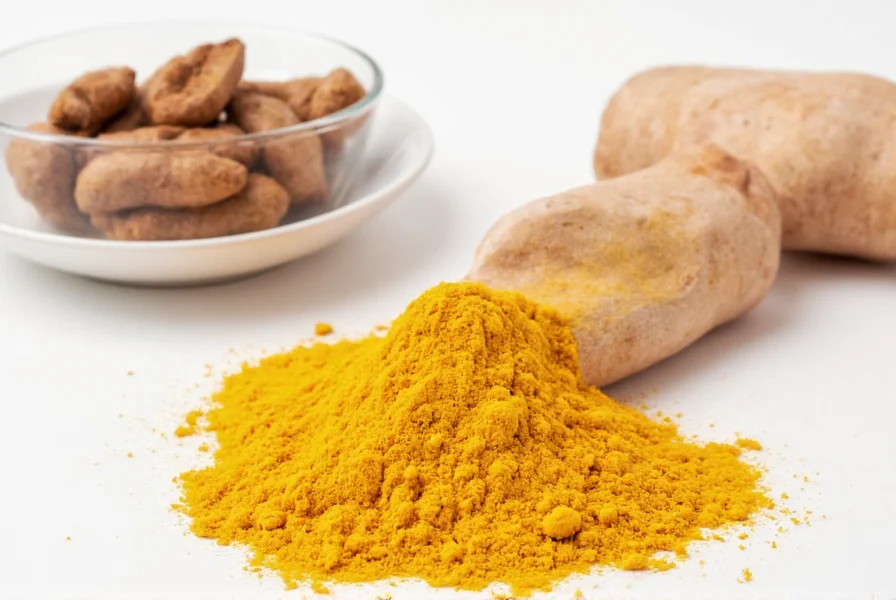When exploring the relationship between turmeric and digestive health, it's important to separate fact from common misconceptions. Many people wonder does turmeric cause constipation after experiencing digestive changes when adding this popular spice to their diet. The straightforward answer based on current medical research is no—turmeric typically doesn't cause constipation and may actually support regular bowel movements.
Turmeric, particularly its active compound curcumin, has been studied extensively for its effects on the digestive system. Multiple clinical studies indicate that curcumin possesses anti-inflammatory properties that can benefit gut health. Research published in the Journal of Medicinal Food demonstrates that curcumin may help regulate intestinal motility, potentially preventing both constipation and diarrhea.
Understanding Turmeric's Digestive Effects
Turmeric has been used in traditional Ayurvedic and Chinese medicine for centuries to address digestive concerns. Modern science is beginning to validate many of these traditional uses. When examining does turmeric spice cause constipation, researchers have found that:
- Curcumin stimulates bile production, which aids digestion and fat absorption
- Turmeric may help reduce inflammation in the gut lining
- It appears to support a healthy gut microbiome composition
- Studies show potential benefits for conditions like irritable bowel syndrome (IBS)
These mechanisms generally promote healthy digestion rather than causing constipation. In fact, some research suggests turmeric might help alleviate constipation in certain individuals by improving overall gut function.
Why Some People Believe Turmeric Causes Constipation
Despite the evidence showing turmeric typically supports digestion, some individuals report constipation after consuming turmeric. This apparent contradiction can be explained by several factors:
| Potential Reason | Explanation | Frequency |
|---|---|---|
| Supplement formulation | Some turmeric supplements contain additives like piperine (black pepper extract) which can affect digestion differently | Moderate |
| Excessive consumption | Very high doses might temporarily disrupt normal digestion | Rare |
| Individual sensitivity | Some people may have unique reactions to certain compounds | Uncommon |
| Other dietary factors | Constipation may be coincidental rather than caused by turmeric | Common |
When investigating can turmeric root lead to constipation, it's crucial to consider these variables rather than assuming a direct causal relationship.
Scientific Evidence on Turmeric and Bowel Function
A comprehensive review published in Frontiers in Pharmacology analyzed multiple studies on curcumin's effects on gastrointestinal health. The researchers concluded that curcumin generally demonstrates protective effects on the digestive tract and may help regulate bowel movements.
Another study in the European Review for Medical and Pharmacological Sciences found that curcumin supplementation improved symptoms in patients with functional dyspepsia, including those experiencing irregular bowel movements. The research showed:
- 78% of participants reported improved digestion
- 65% experienced more regular bowel movements
- Only 4% reported any negative digestive side effects
These findings contradict the notion that does turmeric cause constipation as a common side effect.

When Turmeric Might Affect Digestion Differently
While turmeric generally supports digestive health, certain circumstances might lead to different reactions:
Supplement Formulation Matters
Many turmeric supplements include piperine (from black pepper) to enhance curcumin absorption. While this combination is generally safe, some individuals might experience different digestive effects from this combination compared to turmeric alone. This could explain why some people ask does turmeric supplement cause constipation when using certain products.
Dosage Considerations
As with any substance, dosage matters. Extremely high doses of turmeric (typically from supplements rather than culinary use) might occasionally cause digestive upset. However, constipation remains an uncommon reaction even at higher doses.
Practical Guidance for Turmeric Consumption
If you're concerned about digestive effects while incorporating turmeric into your diet, consider these evidence-based recommendations:
- Start with small culinary amounts (1/4 to 1/2 teaspoon daily) before increasing
- Consume turmeric with healthy fats to enhance absorption and reduce potential stomach irritation
- Stay well-hydrated, as proper hydration supports healthy digestion regardless of turmeric consumption
- Monitor your body's response over several days before drawing conclusions
- Consult with a healthcare provider if you have pre-existing digestive conditions
For those specifically concerned about does golden milk cause constipation, note that this popular turmeric beverage typically contains milk (or plant-based alternatives), which might affect digestion more significantly than the turmeric itself, especially for those with lactose sensitivity.

When to Consult a Healthcare Professional
While turmeric is generally safe for most people, consult a healthcare provider if you experience:
- Persistent digestive issues that don't resolve after adjusting turmeric intake
- Severe abdominal pain or cramping
- Blood in stool
- Symptoms that interfere with daily activities
- Concerns about interactions with medications
Remember that individual reactions can vary, and what causes no issues for most people might affect others differently. This is particularly important when evaluating curcumin and bowel movements in your personal experience.
Conclusion: Turmeric and Digestive Health
The question does turmeric cause constipation stems from understandable concerns about dietary changes and digestive health. However, scientific evidence consistently shows that turmeric generally supports healthy digestion rather than causing constipation. In fact, many studies suggest turmeric may help regulate bowel movements and improve overall gut health.
As with any dietary component, individual responses can vary. If you're experiencing digestive issues after adding turmeric to your diet, consider other factors like overall hydration, fiber intake, and potential interactions with other foods or supplements before concluding that turmeric is the cause.











 浙公网安备
33010002000092号
浙公网安备
33010002000092号 浙B2-20120091-4
浙B2-20120091-4